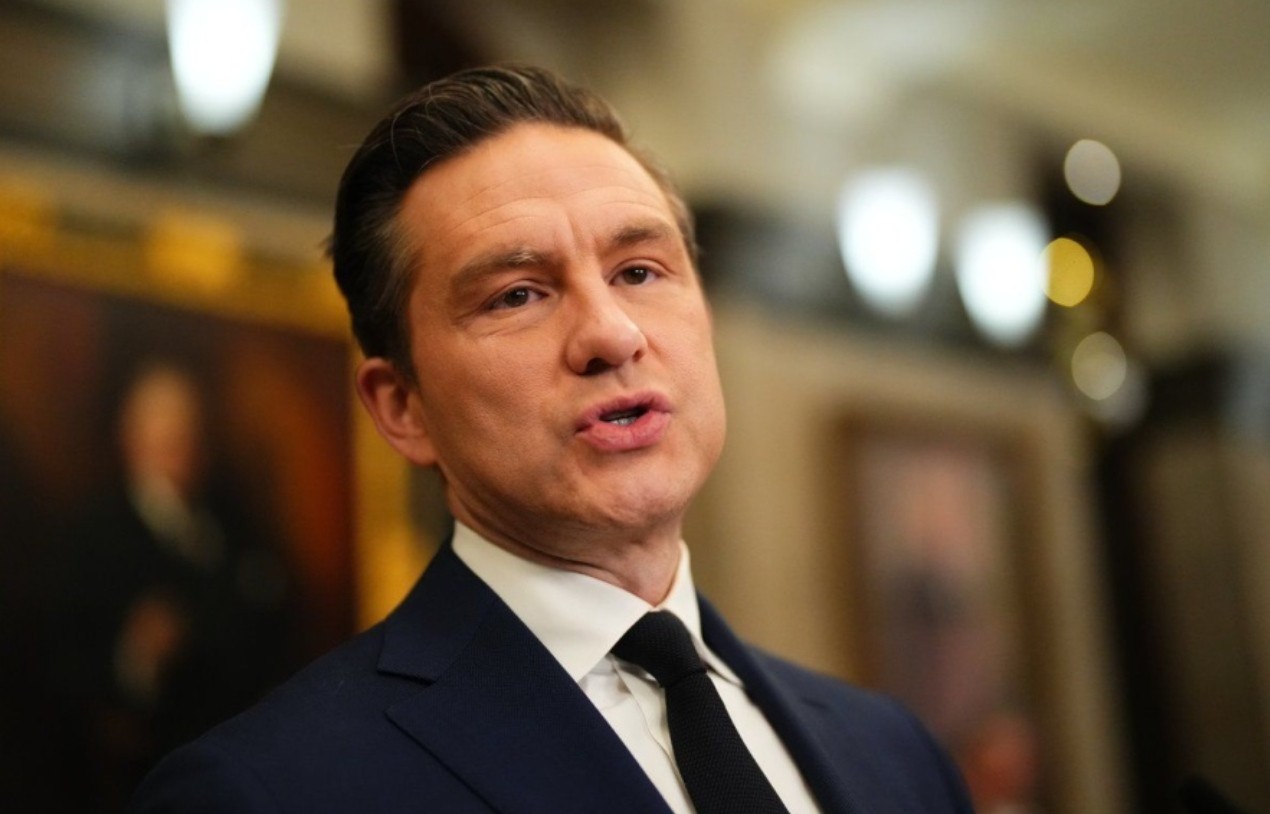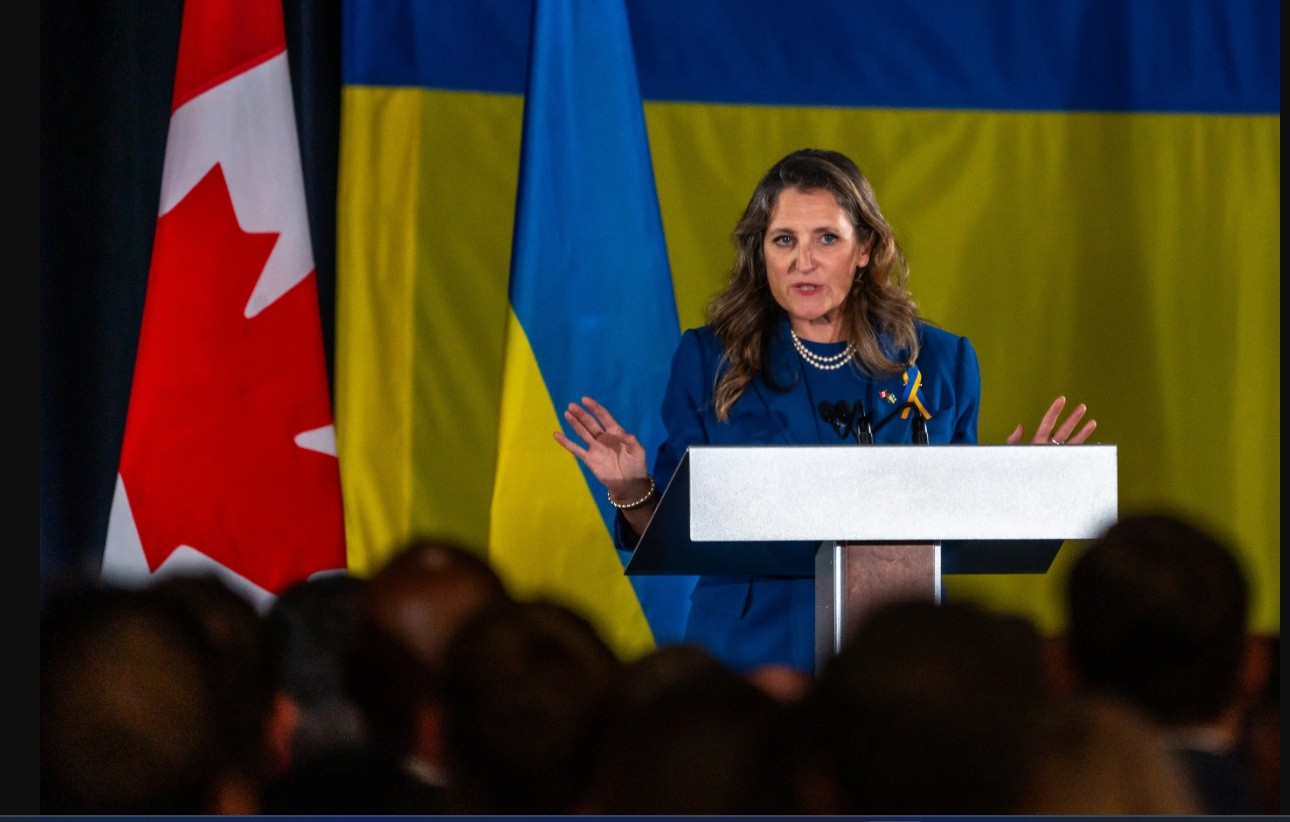Could Canada Become the 51st State? The Unlikely but Intriguing Scenario of the Annexation
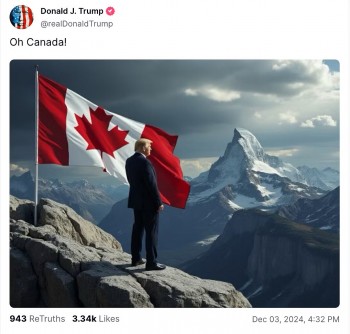 Trudeau Resigns, Trump’s Ambitions: Could Canada Become America’s 51st State? Trudeau Resigns, Trump’s Ambitions: Could Canada Become America’s 51st State? Could Canada, a sovereign nation with a proud history, ever become the 51st state of the United States |
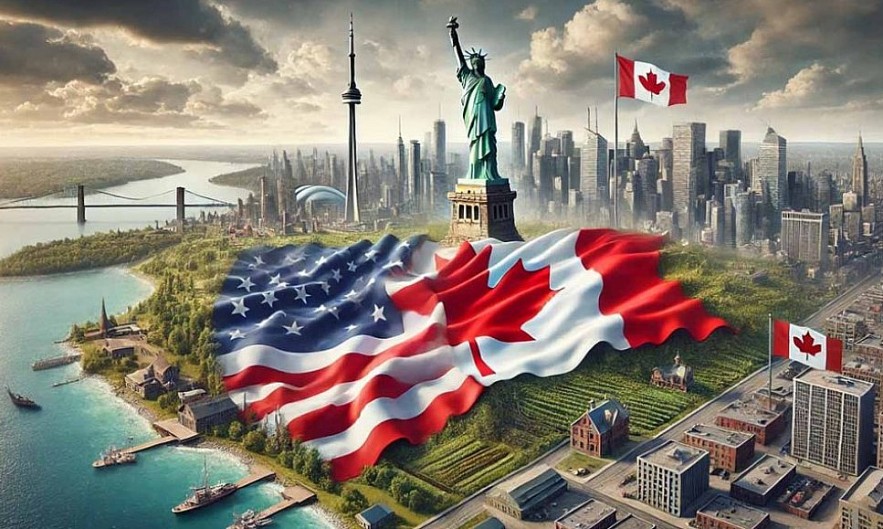 |
| Could Canada Become the United States’ 51st State |
This call comes amid political uncertainty in Canada following the sudden resignation of Prime Minister Justin Trudeau. While such an idea has long been dismissed as a fanciful notion, it raises important questions about sovereignty, economic integration, and cultural identity. Could this proposal hold any merit, or is it simply a provocative political stunt?
This article explores the feasibility, implications, and potential consequences of this extraordinary proposition, analyzing it from political, economic, and cultural perspectives.
A Border Shared, but Separate Paths
The United States and Canada share one of the longest undefended borders in the world, along with a deeply intertwined economic and cultural relationship. Yet, the two nations are distinct in governance and identity. Canada’s parliamentary system and commitment to universal healthcare contrast sharply with America’s federal structure and privatized healthcare model. Despite their similarities, both nations have resisted closer political integration beyond trade agreements like NAFTA and its successor, the USMCA.
Historically, annexation has been a non-starter. In the 19th century, there were fleeting moments when American politicians considered expanding northward, particularly during Canada’s Confederation period in 1867. However, strong Canadian nationalism and differing political visions ensured the separation remained intact.
In this context, Trump’s call for annexation seems audacious, if not implausible. But could the political turbulence in Canada and the lure of deeper economic integration make this idea more than a rhetorical flourish?
Learn more: Which Canadian Provinces Border With The United States?
Scenario Analysis: What Would It Take?
1. Political Dynamics and Sovereignty
For Canada to become the 51st state, both nations would need to navigate a labyrinth of political and legal challenges. Canadian sovereignty, enshrined in its Constitution, would need to be voluntarily relinquished through a referendum or legislative action. Achieving this would require not only majority support in Canada but also acceptance by the United States Congress, which would need to amend the Constitution to admit a new state.
Given Canada’s strong sense of national identity, such a referendum would likely face overwhelming resistance. Polls consistently show that Canadians take pride in their distinct social policies, such as universal healthcare, robust environmental protections, and a parliamentary democracy that values consensus over confrontation. The notion of trading these for American governance would be unpalatable to most.
Moreover, the logistical challenge of integrating a country as large and diverse as Canada into the United States cannot be overstated. With ten provinces and three territories, each with its own governance systems, folding Canada into the American federal structure would be unprecedented in scale and complexity.
2. Economic Considerations
Economically, annexation could present both opportunities and challenges. On one hand, Canada and the United States already enjoy a deeply integrated trade relationship. The U.S. is Canada’s largest trading partner, accounting for nearly 75% of Canadian exports. A unified economic system could streamline trade, eliminate tariffs, and enhance economic efficiencies.
However, the costs of annexation could outweigh the benefits. Canada’s extensive social programs, particularly its healthcare system, would require substantial funding. Aligning these with America’s privatized approach would spark contentious debates. Additionally, the transition of Canada’s currency to the U.S. dollar would create economic disruptions, particularly in industries that benefit from a weaker Canadian dollar.
From the American perspective, Canada’s vast natural resources—oil, gas, timber, and minerals—might be seen as a strategic asset. However, this view oversimplifies the complexities of resource management and environmental concerns. Canada’s policies emphasize sustainability, a stark contrast to the deregulated approach often favored in the U.S.
3. Cultural and Social Impacts
Cultural differences represent one of the biggest barriers to integration. Canadians overwhelmingly identify as distinct from Americans, valuing a more inclusive, socially progressive identity. While there are shared elements, such as a love of hockey and a common language in most regions, fundamental differences in worldview persist.
For instance, gun control is far stricter in Canada, and the idea of adopting America’s Second Amendment rights would be deeply contentious. Similarly, issues like healthcare, climate change, and immigration are approached more progressively in Canada than in the U.S. Merging these contrasting ideologies would likely exacerbate political polarization.
In Quebec, the potential for annexation would introduce an additional layer of complexity. The province’s strong French-speaking identity and history of separatism could lead to renewed calls for independence, further complicating the scenario.
Geopolitical Implications
Beyond the internal challenges, the annexation of Canada would have far-reaching geopolitical consequences. It could strain relationships with global allies, particularly European nations that view Canada as a partner in multilateralism. Annexation would also redraw the balance of power in organizations like NATO and the G7, potentially amplifying America’s dominance while diminishing Canada’s independent voice.
China and Russia, already wary of American influence, might view the move as an aggressive expansion, further destabilizing global relations. Domestically, the United States would also face criticism from those who view annexation as a violation of Canada’s sovereignty.
Why the Proposal Persists
Despite its implausibility, the idea of annexation persists for a few reasons. Trump’s advocacy likely stems from a combination of populism and strategic calculation. The proposition appeals to certain segments of the American electorate who view Canada as an extension of the United States. Moreover, it serves as a distraction from domestic challenges, providing a talking point that aligns with Trump’s “America First” rhetoric.
On the Canadian side, while the idea remains unpopular, it might gain traction among some factions disillusioned with federal leadership or struggling economically. However, such support would likely remain marginal.
Conclusion: A Bridge Too Far
The annexation of Canada by the United States remains a highly unlikely scenario, fraught with political, economic, and cultural challenges. While Trump’s call for Canada to become the 51st state is provocative, it serves more as a reflection of his rhetorical style than a serious policy proposal. No matter how turbulent their political climate may be, most Canadians value their national identity, distinct governance, and cultural values.
Ultimately, this debate underscores the enduring importance of sovereignty and the complexity of integrating two nations with fundamentally different visions for their futures. For now, the idea of a unified North America remains in the realm of political fantasy, albeit one that invites important reflections on identity, governance, and the nature of international partnerships.
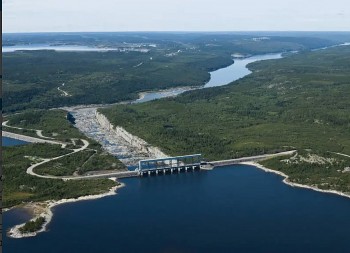 Top 10 Biggest And Most Majestic Hydroelectric Plants In Canada Top 10 Biggest And Most Majestic Hydroelectric Plants In Canada Hydroelectric power is one of Canada's chief sources of energy and accounts for more than 25% of domestic energy consumption.Explore the 10 largest and most ... |
 Top 10 Biggest Shopping Malls In Montreal (Canada) in 2024/2025 Top 10 Biggest Shopping Malls In Montreal (Canada) in 2024/2025 Montreal boasts some of the top malls in North America, thanks to the fact that famous designers flock there to show off their newest creations. ... |
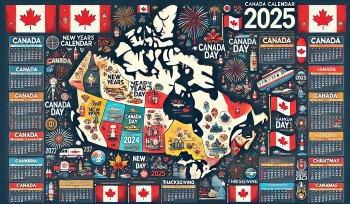 2025 Canada Calendar - Full List of Public Holidays And Observances: Dates, Activities 2025 Canada Calendar - Full List of Public Holidays And Observances: Dates, Activities For a comprehensive list of regional and national holidays, festivals, and observances, along with dates and celebrations, let's look at the 2025 Canada Calendar. |

